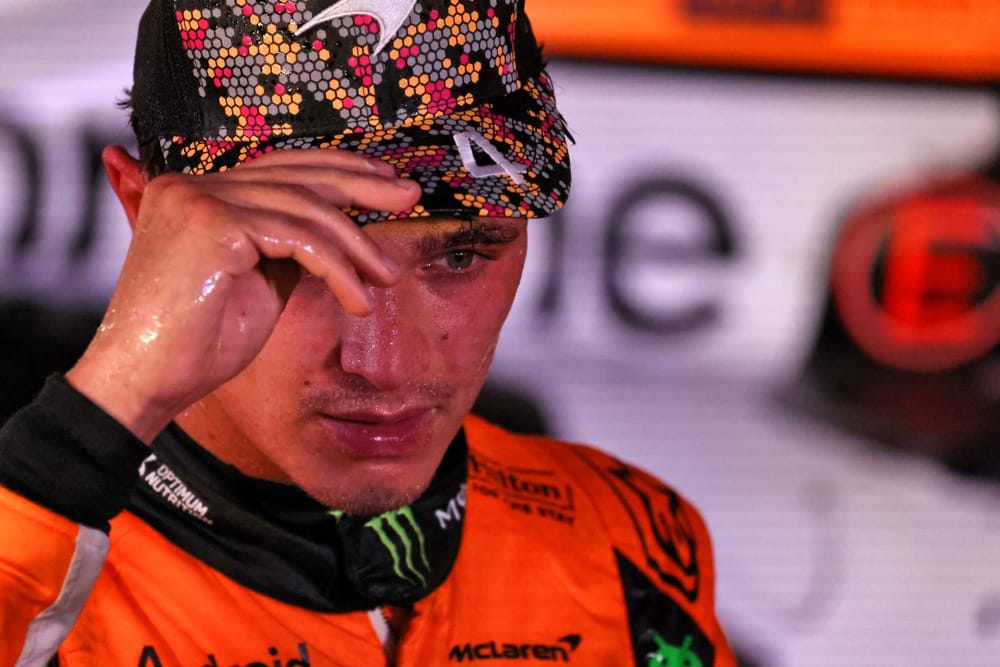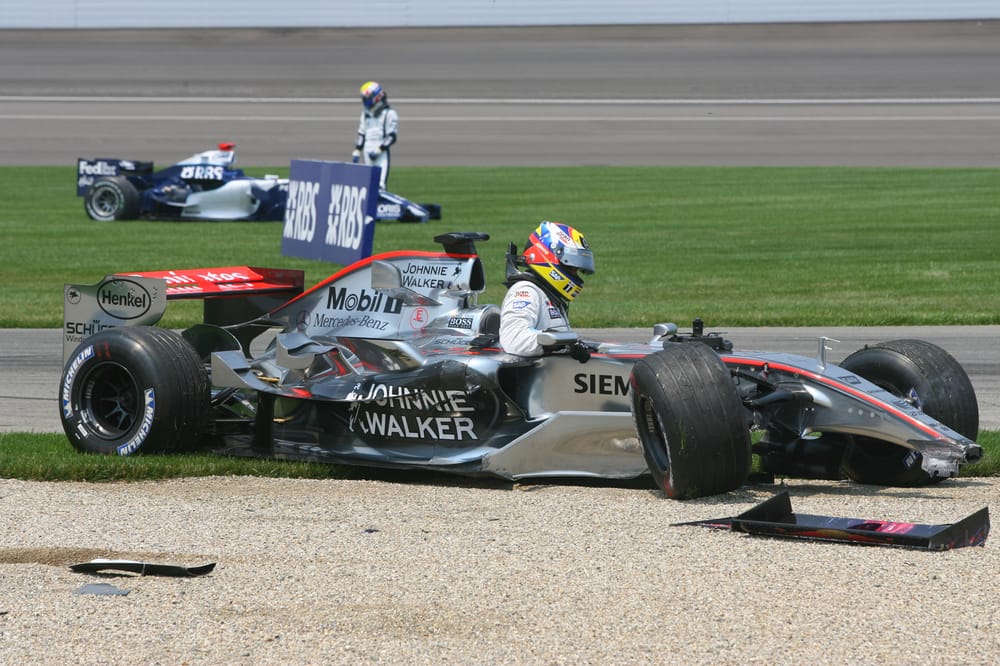Up Next

It’s taken until his sixth season in Formula 1 for McLaren to provide Lando Norris with a car capable of fighting for the world title.
While the championship spotlight was not upon him between 2019-23, he was able to consistently demonstrate a fantastic turn of speed, quite often flattering the car’s level. There was never a question of whether he would be fast enough to fight for a title if the great car ever came.
But it’s only when a driver is actually in that fight, with the attendant ramped-up pressures, that their psychological strength is really tested.
The contender status only fell upon Norris relatively late into the season. From the moment that McLaren’s Miami update coincided with Norris’s first victory, he’s had a car that’s competitive everywhere. But by that time, he was a long way behind Max Verstappen’s points score. So his season evolved into a title fight relatively gently.
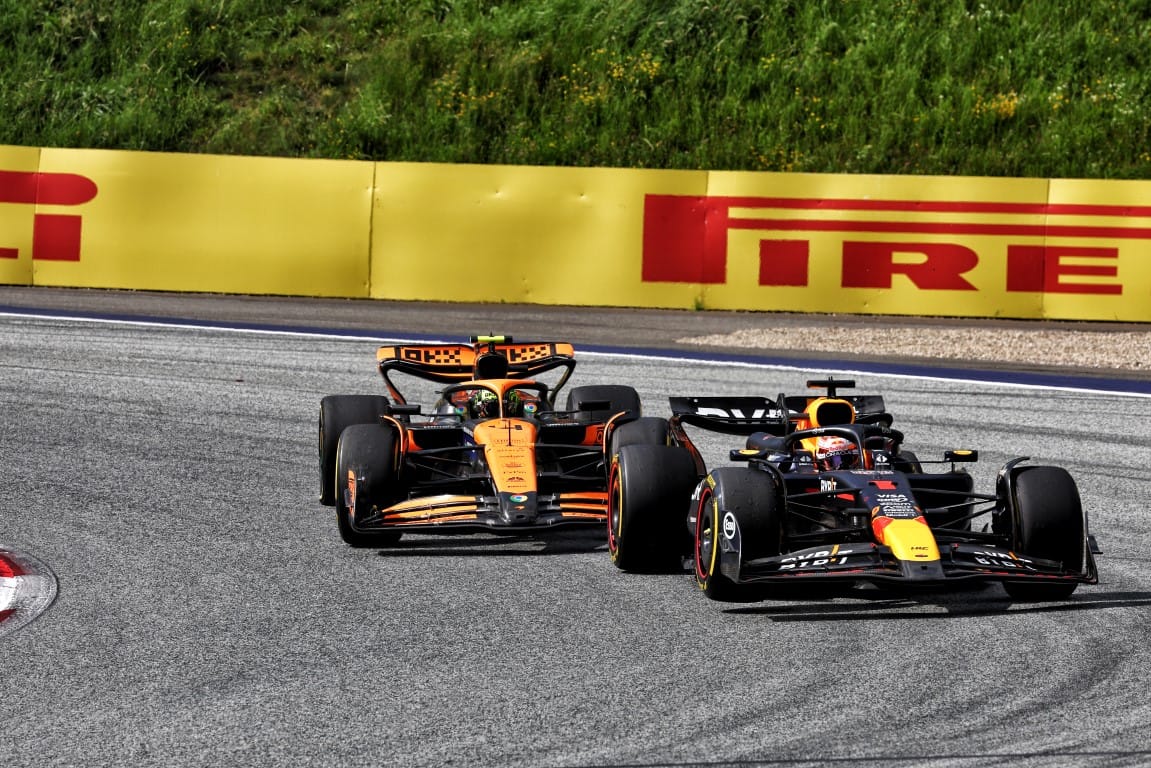
As that spotlight turned upon him, the pressure definitely seemed to tell. He didn’t race as well as he might’ve done in close quarters with Verstappen in Austria (rattled by some crossing the margins from Max). He wasn’t helped by his team’s less than strong calls at a crucial time at Silverstone, but his own calls were not strong enough either.
Hungary was less than it might’ve been on a day when McLaren was dominant. Spa was a bit of a write-off, courtesy of his first corner.
At Monza, he was too cautious into Roggia with a super-fast and combative team-mate in his wheeltracks.
At Zandvoort and Singapore, he was magnificent. In Baku, he made a great recovery from a plain bit of bad luck in qualifying.
So overall he’s made heavy-going of taking on Verstappen. How much is circumstance and how much a wilting under the spotlight? A little of each. But that doesn’t mean it’s a permanent trait.
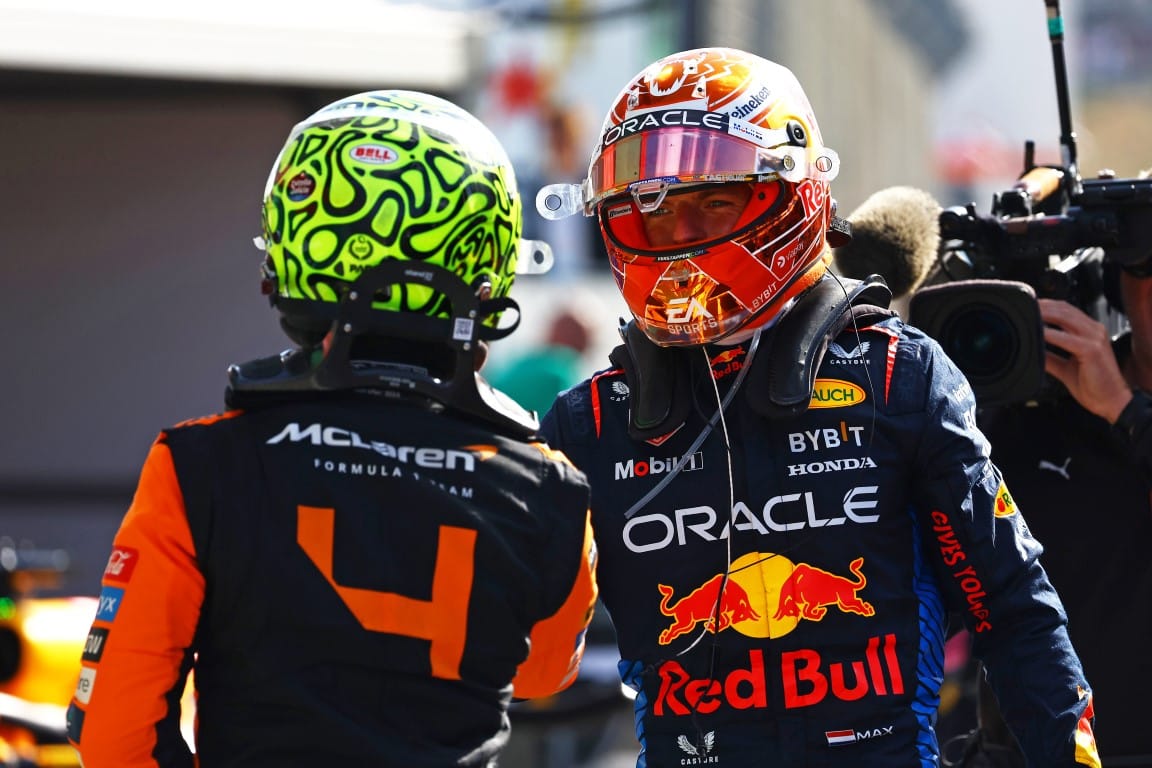
There’s no reason why a driver cannot hit that winning state of mind and become a great champion when the opportunity presents itself.
Niki Lauda should probably have taken the 1974 championship but as he admitted, he was too cautious in Argentina, too bold at the Nurburgring on the first lap and simply unlucky with a puncture at Brands and being the first to arrive on an unflagged oil spillage in Canada.
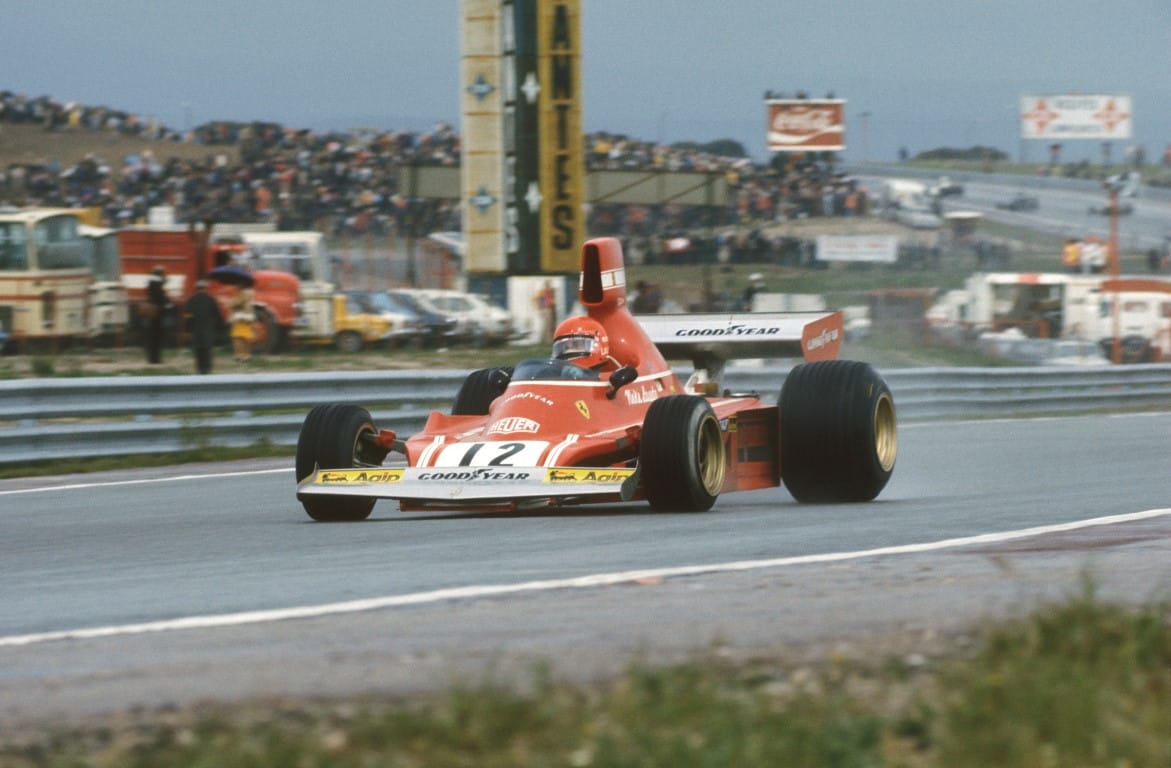
He went on to obliterate the competition in ’75. He’d always had the self-belief but his judgement, his calls, weren’t quite as sharp in ’74 as they became. The same could be true of Norris.
How did other first time title contenders handle their situations? It’s mixed.
James Hunt grabbed his unexpected title opportunity in ’76 and lassoed it into submission. Mario Andretti was already a seasoned pro when he finally got his fast car in ’78. Alan Jones was relatively new to running up front in his title season of 1980 and made a couple of key errors to make it a harder slog than it otherwise would have been.
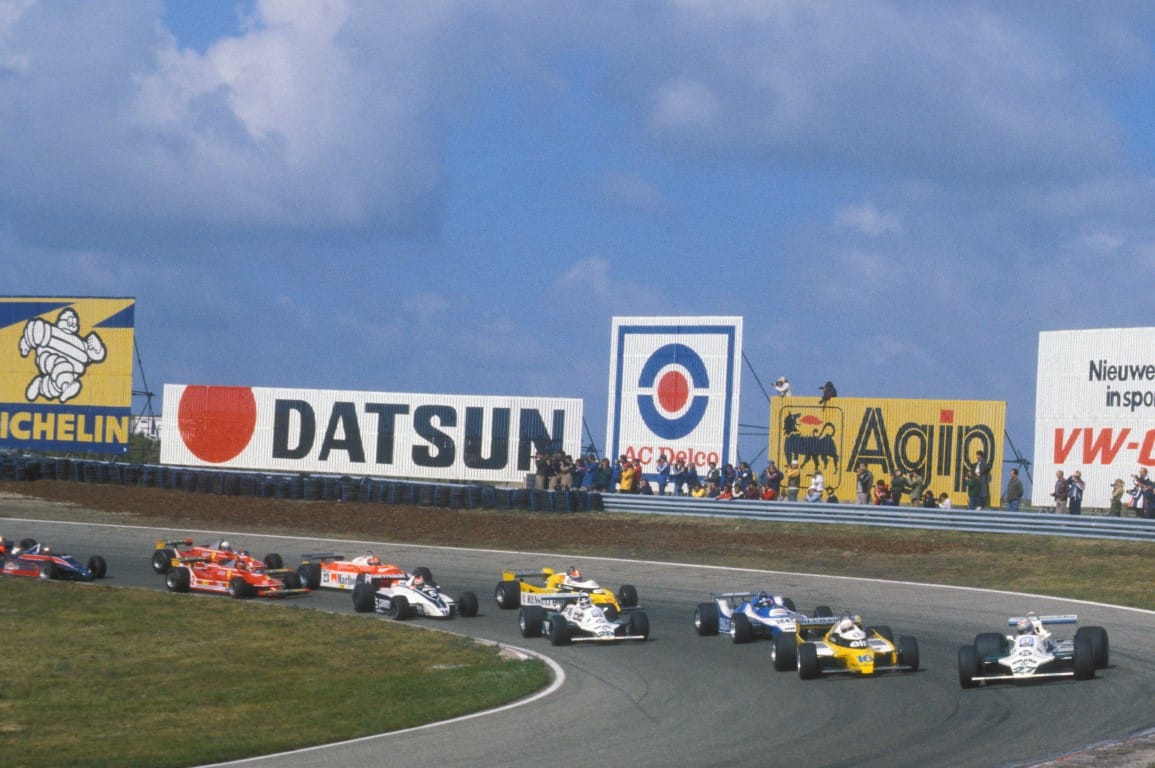
Nelson Piquet lost out to Jones’ aggression in 1980 and wasn’t faultless in his first title of ’81. Keke Rosberg was thrown from oblivion into the cauldron of a fast Williams in ’82 and in his street-fighting way showed the disbelievers what he’d always known.
Nigel Mansell lost winnable titles in ’86 and ’87 despite sometimes astonishing feats. Ayrton Senna always knew he’d be world champion as soon as he had the car – even if the other one was driven by Alain Prost, and so it proved in 1988.
Damon Hill got his fast car when he was barely ready, but he got there at his fourth attempt. Jacques Villeneuve was remarkable in his instant dealing with running at the front and winning at his second title attempt, but it was with a big car advantage.
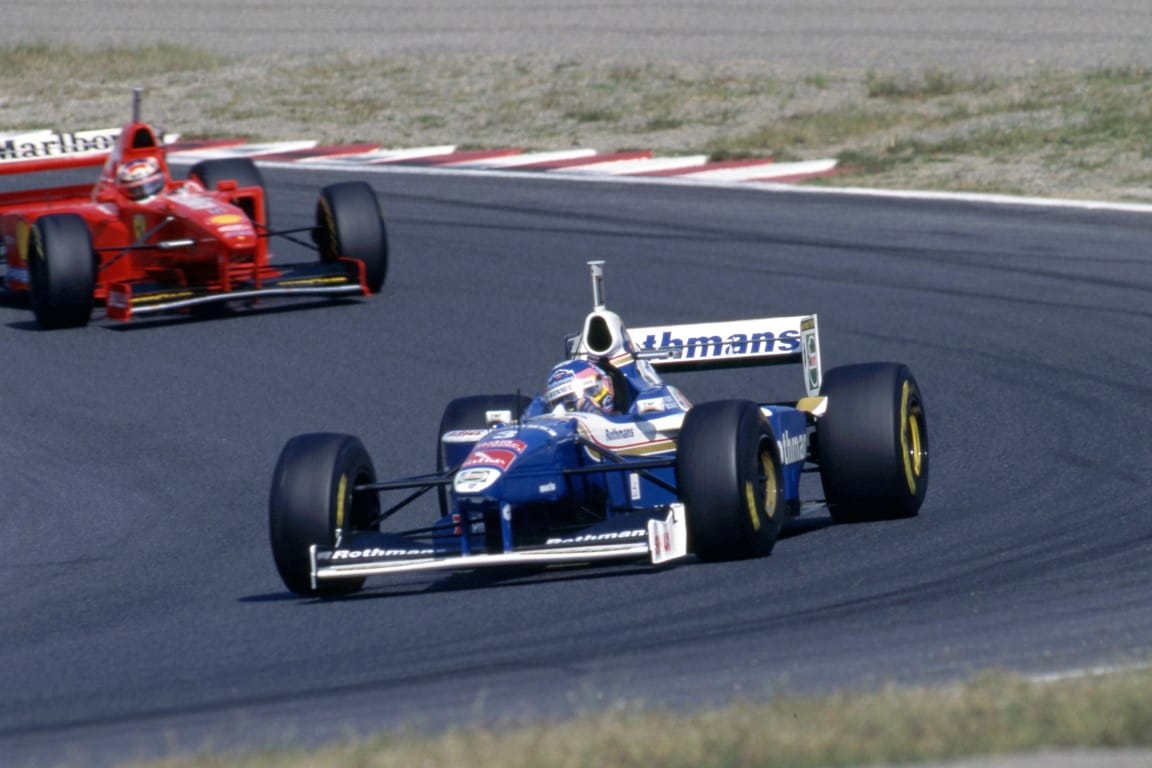
Michael Schumacher had Senna-like ability and belief and there was no evidence of self-doubt in his first title campaign of ‘94. Rather like Lewis Hamilton and Max Verstappen in later years, though Hamilton had that pressure thrust upon him in his rookie season.
Mika Hakkinen had the odd wobble on his way to the ’98 title despite having long been obviously fast enough (rather like Norris). Kimi Raikkonen was magnificent in his McLaren years and the absence of a title in ’03 wasn’t down to him.
Fernando Alonso feared no-one and grabbed a title as soon as his car allowed, in ‘05. Jenson Button famously had the collywobbles in the second half of ’09 when already a seasoned frontrunner on his way to the title.
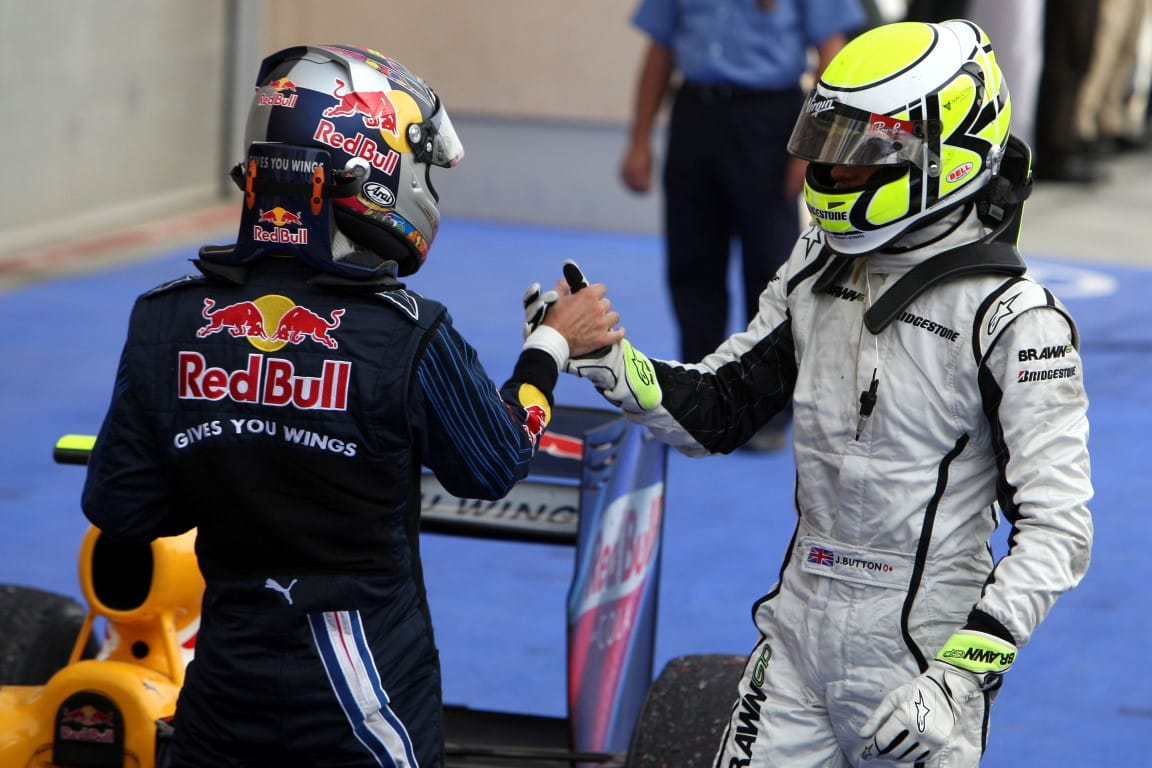
Sebastian Vettel wallowed in how good his Red Bulls were but just didn’t quite rack up enough points in the first part of that season when Button’s Brawn was king.
So there isn’t a template. Norris’ pressure errors suggest it’s taken him time to get super-comfortable running with the big boys. But that needn’t be debilitating.
Yes, there have been drivers who’ve grasped their first title opportunities with more surety, some with Teflon confidence to back up their huge ability. But there’s many a champion who could have had more titles had they capitalised better on their first opportunities.


